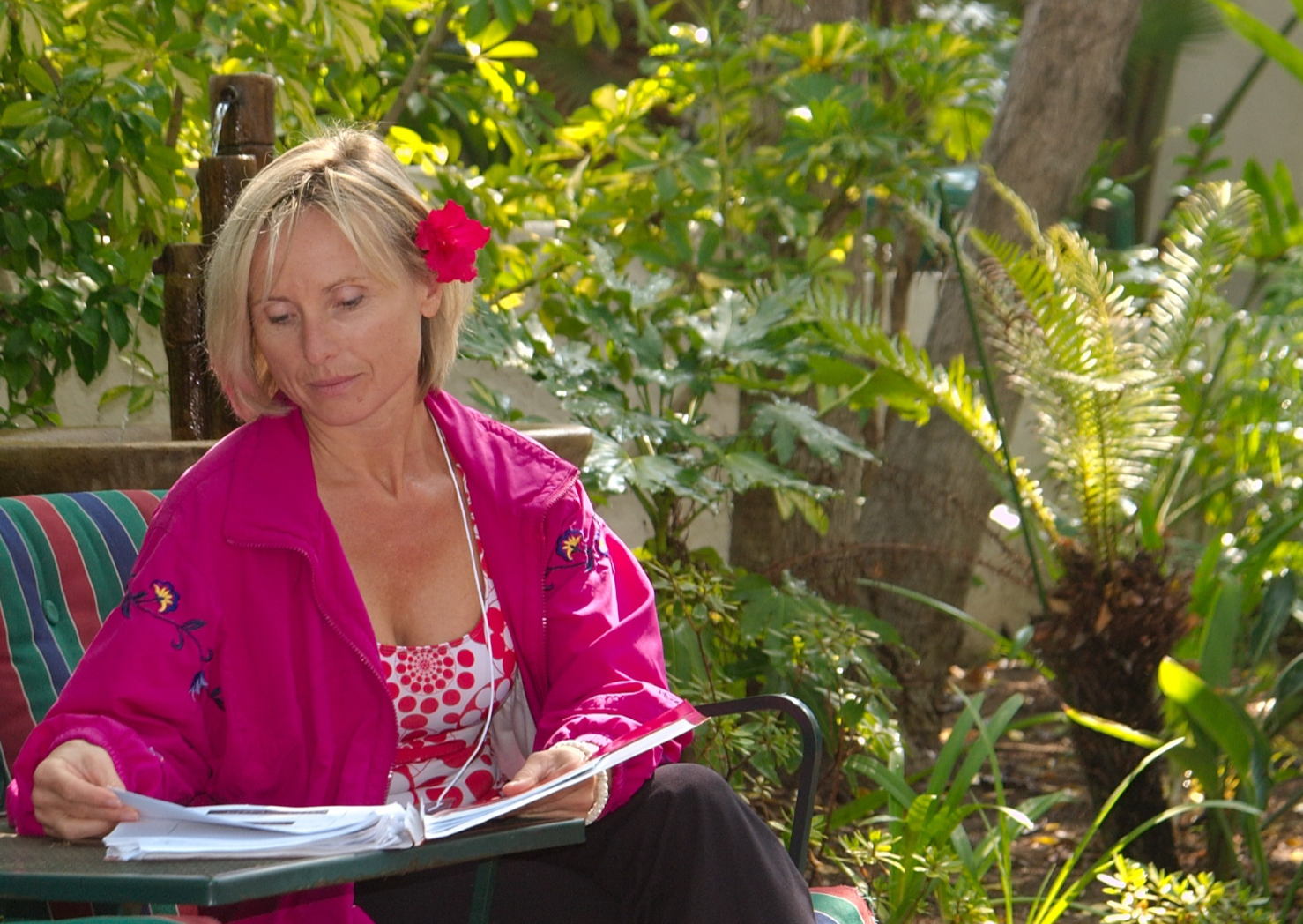3 min read
The Journey Within: How to Cultivate Self-Awareness
By: OHI on Oct 1, 2024 5:00:00 AM

Self-awareness is the ability to reflect on oneself and understand how your actions, thoughts, and feelings align with your personal standards. Those with high self-awareness can objectively assess themselves, manage their emotions, and align their actions with their core values while understanding how others perceive them.
This skill is rare, as many people often interpret situations emotionally. Developing self-awareness is essential for leaders to assess their growth and effectiveness, enabling them to make necessary adjustments.
Here are some effective ways to boost your self-awareness:
- Journaling: Make it a habit to write about your thoughts, feelings, and daily experiences. Take time to reflect on how you respond to different situations and what those reactions reveal about you.
- Mindfulness and Meditation: Engage in mindfulness or meditation practices to stay present. This allows you to observe your thoughts and feelings without judgment, helping you gain a clearer understanding of your inner workings.
- Seek Feedback: Reach out to trusted friends, family, or colleagues for constructive feedback on how they see you and your actions. Be receptive to their insights.
- Reflect on Values and Beliefs: Dedicate time to identify your core values and beliefs. Think about how these principles shape your choices and behaviors.
- Personality Tests: Consider taking personality assessments, such as the Myers-Briggs Type Indicator or the Enneagram, to learn more about your personality traits and their influence on your actions.
- Observe Your Triggers: Notice situations that provoke strong emotional responses in you. Understanding these triggers can shed light on your emotional landscape.
- Emotional Awareness: Identify your emotions as they come up. Recognize the difference between feeling and interpreting emotions, and how they affect your thoughts and actions.
Tackling Common Obstacles to Self-Awareness
Self-awareness is a vital component of personal growth and emotional intelligence. However, many individuals encounter various obstacles that hinder their ability to achieve a deeper understanding of themselves. By confronting and overcoming these challenges, one can foster true self-awareness and unlock the potential for meaningful change and development.
Ego and Denial: One of the most significant barriers to self-awareness is the presence of ego and denial. The ego often acts as a protective mechanism, shielding individuals from uncomfortable truths about themselves. When faced with criticism or the need for self-reflection, the ego can prompt defensive reactions, leading to a refusal to acknowledge personal shortcomings. This denial can manifest in various ways, such as rationalizing poor behavior, blaming external circumstances, or dismissing feedback from others.
To overcome this obstacle, it is essential to cultivate humility and openness. Practicing self-compassion allows individuals to view their flaws as opportunities for growth rather than as threats to their self-worth.
Fear of Vulnerability: Another significant hurdle to self-awareness is the fear of vulnerability. Many people associate vulnerability with weakness, leading them to avoid situations that require them to confront their emotions or reveal their true selves. This fear can prevent individuals from engaging in self-awareness activities, such as open discussions about feelings, exploring past traumas, or admitting mistakes. As a result, they may miss out on valuable opportunities for personal growth and deeper connections with others.
To tackle this fear, it is important to reframe vulnerability as a strength rather than a weakness. Embracing vulnerability can lead to greater authenticity and deeper relationships, as it fosters trust and understanding. Practicing vulnerability in safe environments, such as with close friends or in supportive groups, can help individuals gradually build their comfort level. Additionally, engaging in activities that promote emotional expression, such as art, writing, or therapy, can provide a constructive outlet for exploring and embracing vulnerability.
Lack of Reflection Time: In our fast-paced world, many individuals struggle to find time for reflection. The constant demands of work, family, and social obligations can leave little room for introspection. Without dedicated time to pause and reflect, it becomes challenging to develop self-awareness and understand one's thoughts, feelings, and behaviors.
To tackle this issue of insufficient reflection time, it is essential to prioritize and intentionally create space for moments of introspection in our daily lives. One effective approach is to establish a routine that incorporates short periods of reflection, whether through journaling, meditation, or simply sitting in silence. By dedicating even just a few minutes each day to pause and consider our experiences, we can begin to foster a deeper understanding of ourselves.
Developing self-awareness is an ongoing process, and it often requires patience and persistence. By integrating these practices into your life, you can foster a deeper understanding of yourself and develop a more authentic way of living.
At OHI, we believe in establishing healthy habits to help you along in your healing journey. Our caring staff members are eager to give you all the unconditional support, inspiration, and transformational tools you need to bring your body, mind, and spirit into healthy balance in a serene, peaceful setting.
Book your next visit to OHI today. Call OHI at (800) 588-0809 to learn more about our holistic approach to health and wellness.


